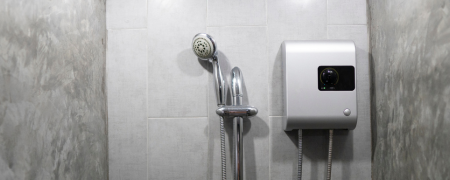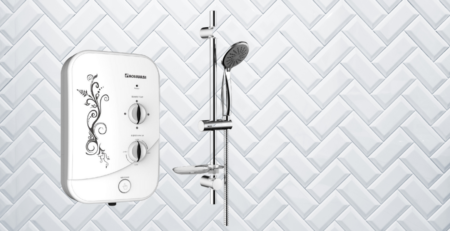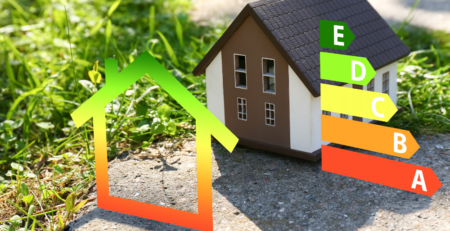Electric Water Heater Troubleshooting
Electric Water Heater Troubleshooting: Common Issues and Solutions
Table of Contents
- Introduction Electric Water Heater Troubleshooting
- Safety First
- Troubleshooting Common Electric Water Heater Issues
- 3.1. No Hot Water
- 3.2. Not Enough Hot Water
- 3.3. Water Is Too Hot
- 3.4. Strange Noises
- 3.5. Leaking
- When to Seek Professional Help
- Conclusion
1. Introduction
An electric water heater is an essential appliance in most homes, providing a steady supply of hot water for various household tasks. However, like any appliance, water heaters can encounter problems over time. In this guide, we will explore common issues that affect electric water heaters and provide solutions to help you troubleshoot and resolve these problems.
2. Safety First
Before you begin troubleshooting your electric water heater, it’s crucial to prioritize safety. Take the following precautions:
- Turn off the power to the water heater at the circuit breaker.
- Turn off the water supply to the unit.
- Allow the water heater to cool down if it has been in use recently to prevent burns.
- Use personal protective equipment, such as gloves and safety glasses.
3. Troubleshooting Common Electric Water Heater Issues
3.1. No Hot Water
Possible Causes:
- Tripped circuit breaker
- Faulty thermostat
- Burnt heating element
Solutions:
- Check the circuit breaker and reset it if it has tripped.
- Test the thermostat by adjusting the temperature setting. Listen for a “click” indicating it’s working. If not, it may need replacement.
- Inspect the heating element by turning off the power and testing it with a multimeter. If it has no continuity, replace it.
3.2. Not Enough Hot Water
Possible Causes:
- Sediment buildup in the tank
- Lower thermostat setting
- Faulty thermostat or heating element
Solutions:
- Flush the tank to remove sediment buildup, which can affect heating efficiency.
- Adjust the thermostat to a higher temperature setting.
- Test both thermostats and heating elements and replace any that are faulty.
3.3. Water Is Too Hot
Possible Causes:
- Misadjusted thermostat
- Faulty thermostat
Solutions:
- Adjust the thermostat settings to a lower temperature.
- If the thermostat is faulty and cannot be adjusted, replace it.
3.4. Strange Noises
Possible Causes:
- Sediment buildup in the tank
- Scaling or damage to heating elements
Solutions:
- Drain and flush the tank to remove sediment.
- If the noise persists, inspect the heating elements for scaling or damage. Replace them if necessary.
3.5. Leaking
Possible Causes:
- Faulty Temperature and Pressure Relief (TPR) valve
- Loose or damaged connections
- Corrosion inside the tank
Solutions:
- Test the TPR valve by briefly lifting the lever. If it continues to leak, replace it.
- Check for loose or damaged connections and tighten or replace them as needed.
- If the tank itself is leaking, it may be necessary to replace the water heater.
4. When to Seek Professional Help
Certain situations require professional assistance:
- Electrical problems that you cannot safely diagnose or repair.
- Gas water heaters, which should only be serviced by a professional.
- When leaks are beyond basic connection tightening and require tank replacement.
5. Conclusion
Troubleshooting common issues with your electric water heater can save you time and money, but it’s essential to prioritize safety and know your limitations. Issues like no hot water, insufficient hot water, overly hot water, strange noises, and leaks can often be resolved with basic troubleshooting and, in some cases, DIY repairs. However, when in doubt or facing complex issues, don’t hesitate to seek professional assistance to ensure your water heater continues to provide reliable hot water.






Leave a Reply